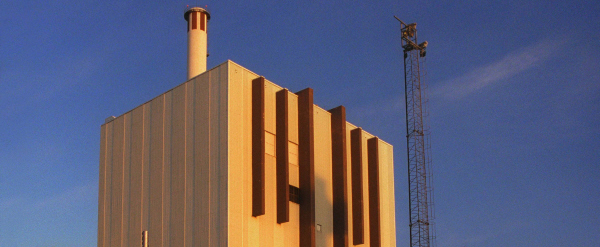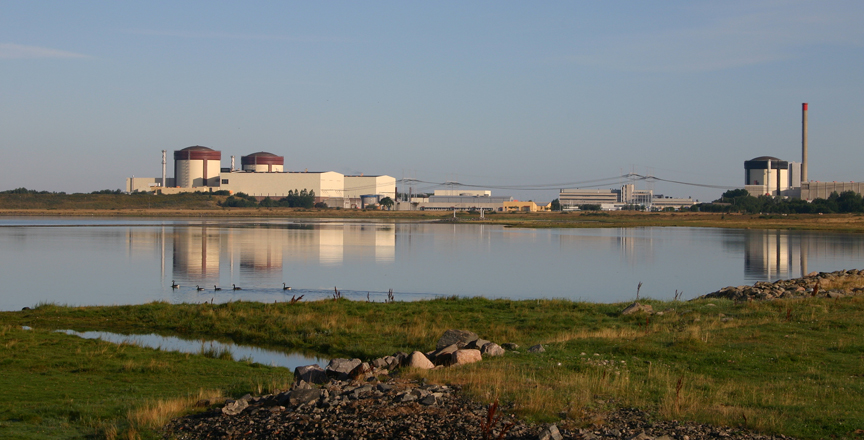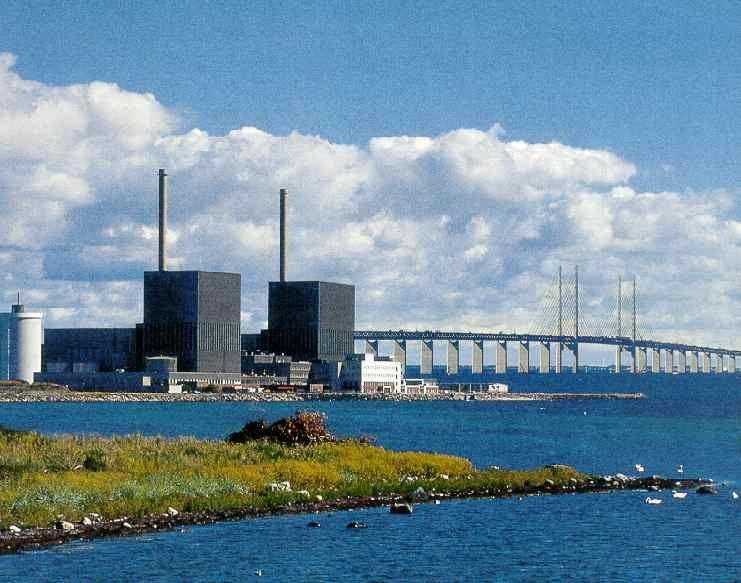More Swedes distrust nuclear power
According to a survey done by Novus Opinion, the trust in Swedish nuclear power has, not surprisingly, decreased among every 8th Swede since the nuclear disaster in Japan.
-
 Vattenfall's Forsmark nuclear power station, one of three active nuclear power plants in the country.
Vattenfall's Forsmark nuclear power station, one of three active nuclear power plants in the country. -
-
However, among 82% of those asked, the confidence in nuclear power remains unchanged.
-
 Swedish nuclear power—the worst in Europe? According to statistics from the UN agency IAEA, Sweden is the country in Europe where nuclear power is most often out of order. Above, Ringhals, the largest nuclear power plant in Sweden, with four reactors, three pressurized water reactors and one boiling water reactor. It is situated on the Väröhalvön in Varberg Municipality, and has a total power rating of 3560 MWe and generates 24 TWh of electricity a year, the equivalent of 20 percent of the electrical power usage in Sweden. Photo: Annika Örnborg
Swedish nuclear power—the worst in Europe? According to statistics from the UN agency IAEA, Sweden is the country in Europe where nuclear power is most often out of order. Above, Ringhals, the largest nuclear power plant in Sweden, with four reactors, three pressurized water reactors and one boiling water reactor. It is situated on the Väröhalvön in Varberg Municipality, and has a total power rating of 3560 MWe and generates 24 TWh of electricity a year, the equivalent of 20 percent of the electrical power usage in Sweden. Photo: Annika Örnborg -
-
Three out of every four believe that the risk for a similar accident with radioactive fallout in Sweden is fairly small.
-
 Barsebäck nuclear power plant — the closed Swedish nuclear power plant located in Skåne, just 20 kilometers from the Danish capital, Copenhagen. As a result of the Swedish nuclear power phase-out, its two reactors have now been closed. The first reactor, Barsebäck 1, was closed November 30, 1999, and the second, Barsebäck 2, ceased operations May 31, 2005
Barsebäck nuclear power plant — the closed Swedish nuclear power plant located in Skåne, just 20 kilometers from the Danish capital, Copenhagen. As a result of the Swedish nuclear power phase-out, its two reactors have now been closed. The first reactor, Barsebäck 1, was closed November 30, 1999, and the second, Barsebäck 2, ceased operations May 31, 2005 -
Novus interviewed 1000 people over age 16 during March 17-22, when many of the consequences from the accident in Japan had become known.
-
Fear or not: Shortage of iodine pills in Sweden
The fear of radioactive fallout led Swedes to buy more iodine pills than ever. In only two days, a three-year supply was sold out. -
Läkemedelsverket (Medical Products Agency), calls it “nonsense,” as they see no reasons whatsoever for Swedes to consume iodine pills. Strålsäkerhetsmyndigheten (the Swedish Radiation Authority) has also been very clear in its information: No Swedes need to worry about radiation from a Japanese nuclear plant. Nobody in Sweden needs to consume iodine pills.
-
Even so, the shelves at the pharmacies were getting emptied. During a few days in mid-March, some 3 000 boxes of Kaliumjodid were sold. These pills exist to protect people who live near a nuclear plant in case of an accident. They contain stabilized iodine which is absorbed by the body, and thus protecting it from absorbing radioactive iodine from the environment.
-
“Whether they buy for themselves or send to Japan, I don’t know,” says Anders Lönner, CEO at Medas, which markets prescriptions, over-the-counter drugs and medical equipment.
-
-
